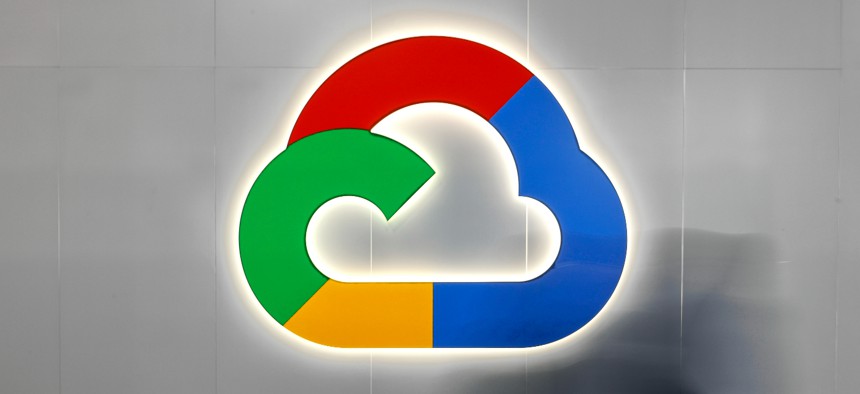Google Cloud eliminates 'exit fees' for departing customers

Joan Cros/NurPhoto via Getty Images
The cloud services provider appears to be getting out ahead of regulatory efforts in Europe and elsewhere to promote seamless movement of data between cloud providers.
Google Cloud announced on Thursday that it was eliminating exit fees for customers who leave for competing cloud services providers.
With its announcement, Google is looking to shake up industry practices in data portability and licensing at companies that have legacy software customers from before the advent of cloud computing. Google is the first hyperscale cloud provider to announce the elimination of such fees.
"Eliminating data transfer fees for switching cloud providers will make it easier for customers to change their cloud provider; however, it does not solve the fundamental issue that prevents many customers from working with their preferred cloud provider in the first place: restrictive and unfair licensing practices," Amit Zavery, general manager, vice president and head of platform at Google Cloud, wrote in a blog post announcing the move.
Google Cloud is not eliminating so-called egress fees for customers making routine data transfers to other cloud providers while still retaining Google Cloud services — the change applies to customers who are transferring entire workloads to competitor CSPs.
The move comes as regulators worldwide are probing business practices of the cloud computing industry, including the ways in which companies like Microsoft and Oracle allegedly use exit fees and licensing strictures to keep a hold on their base of legacy, on-premise customers.
A European Commission regulatory framework known as the Data Act took effect on Thursday. The new rules will "drastically reduce costs for businesses and administrations when they move their data and applications to a different cloud provider" according to an EC press release.
The U.S. Federal Trade Commission sought comments from stakeholders in a cloud computing proceeding that wrapped in November. While the FTC isn't launching a regulatory push or filing lawsuits against CSPs, the agency did note that egress fees — charges that apply to data transfer between rival cloud providers — and restrictive licensing agreements are among the top complaints in the more than 100 comments generated by the agency's proceeding.
Additionally, the United Kingdom's Competition and Markets Authority announced in October that it would take up a probe of the country's $9.1 billion cloud computing market after a report from communications regulator Ofcom singled out Amazon Web Services and Microsoft Azure for business practices that actively discourage customers from switching providers.
It's not clear if Google will take a financial hit from eliminating exit fees, but one purpose appears to be to raise the bar for providers when it comes to the ease of customers moving between them.
"It's hard to quantify the exact value, because it depends on the nature of your apps," Michael Garland, an attorney who specializes in government IT acquisition, told Nextgov/FCW. "But it could create a possible preference to go to a vendor that offers [no exit fees] which now puts pressure on AWS and Microsoft to offer the same thing. And that would be very useful to level the playing field."
Garland added: "If the European Commission is driving this action, the question remains why won't all cloud providers follow suit and do the same for U.S. customers, including the government?"
In his blog post, Zavery said that "much more needs to be done to end the restrictive licensing practices that are the true barrier to customer choice and competition in the cloud market."
NEXT STORY: How often does ChatGPT push misinformation?


